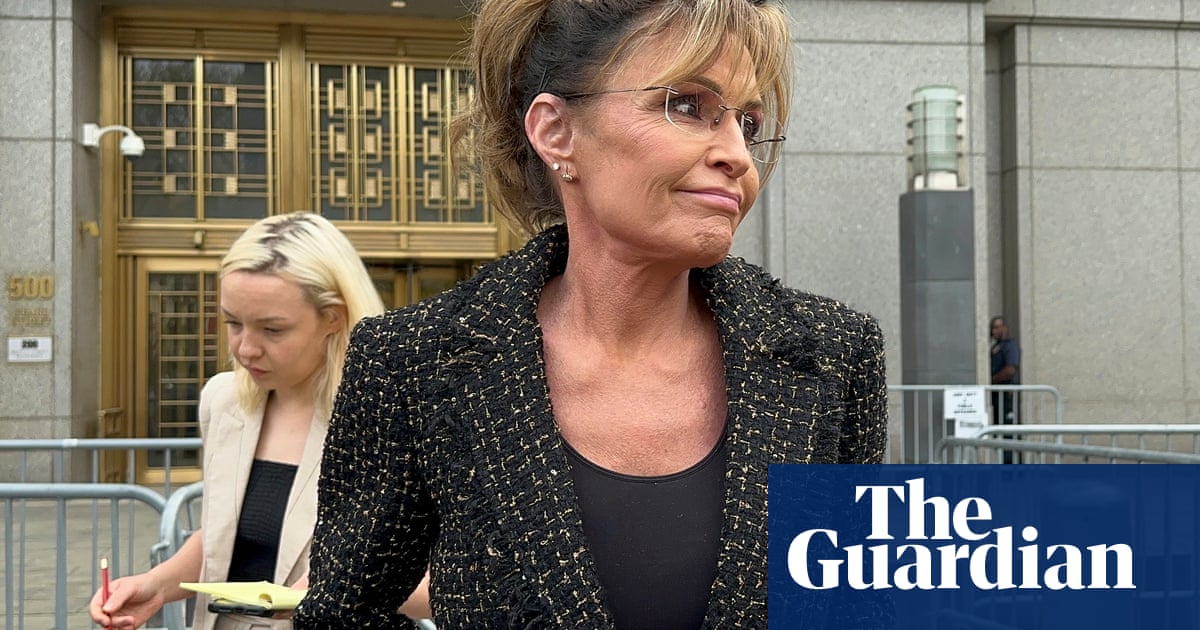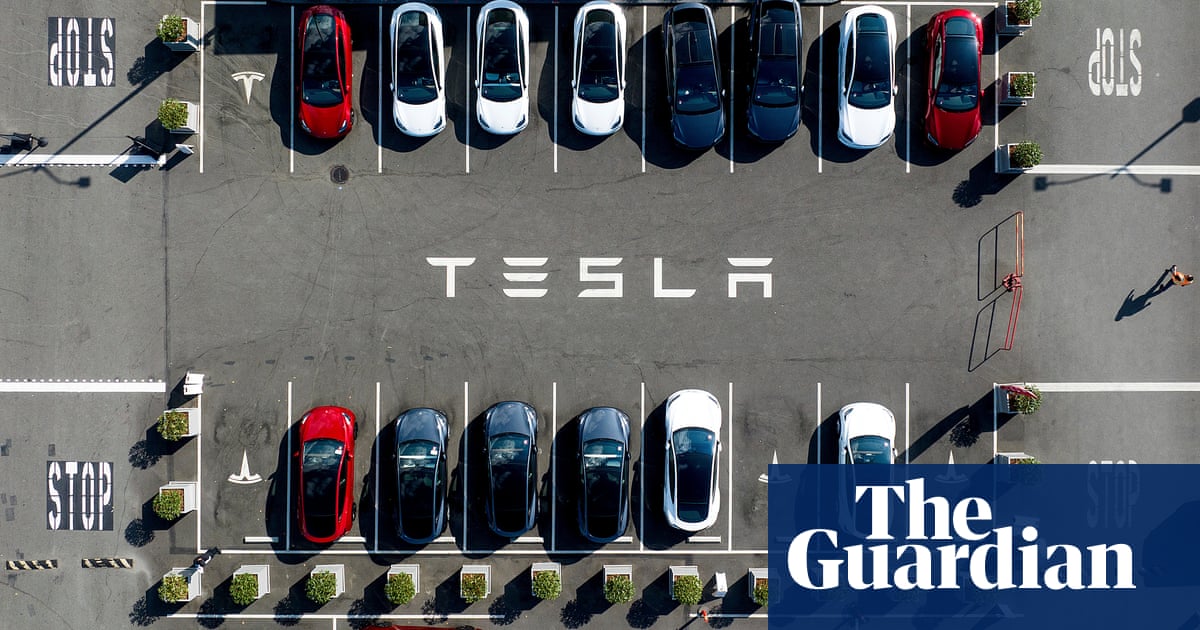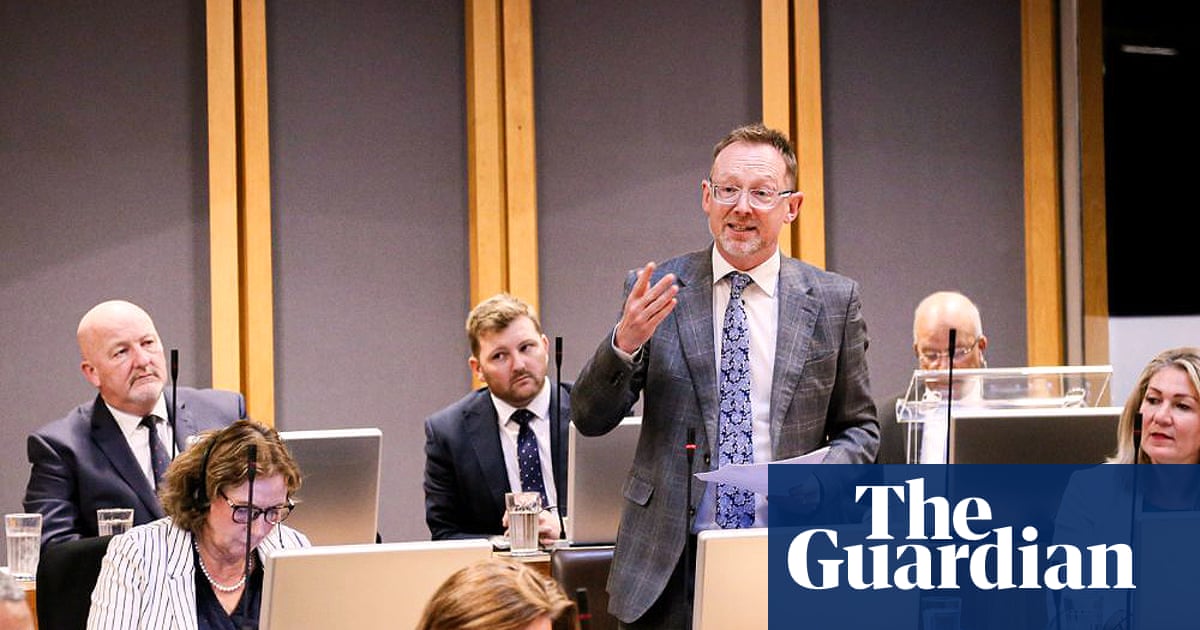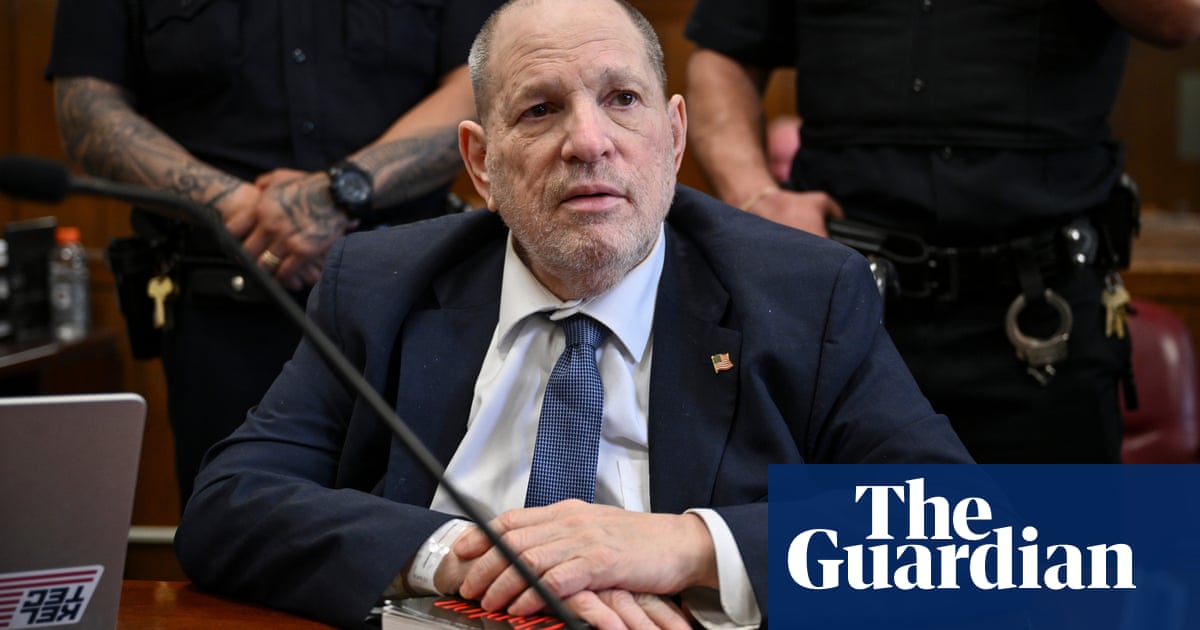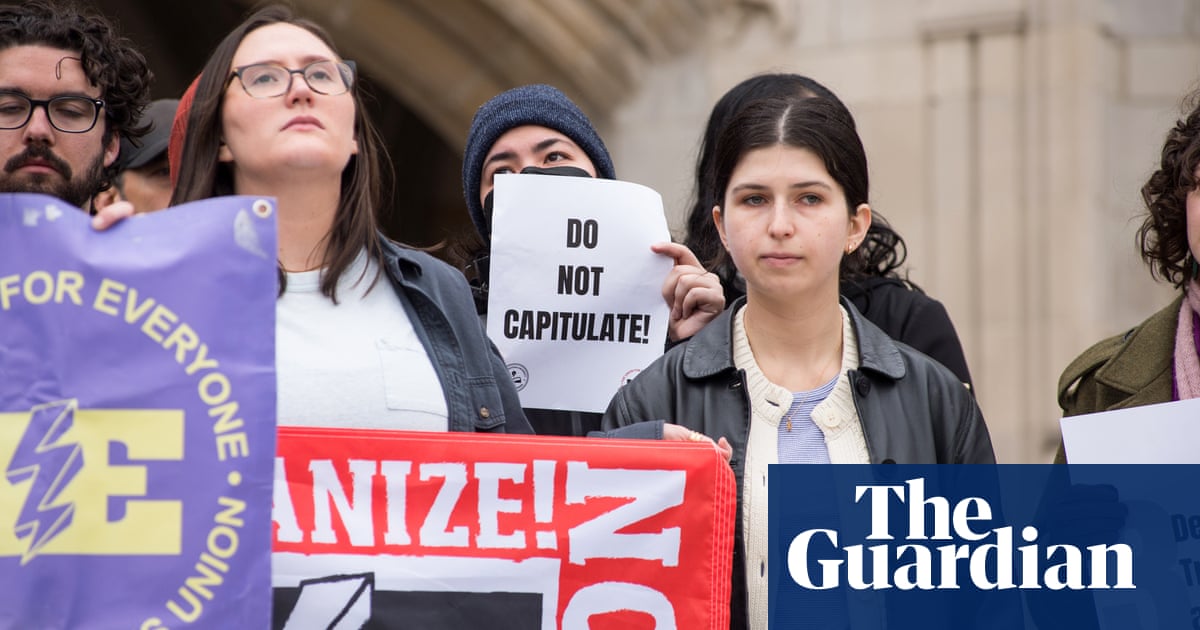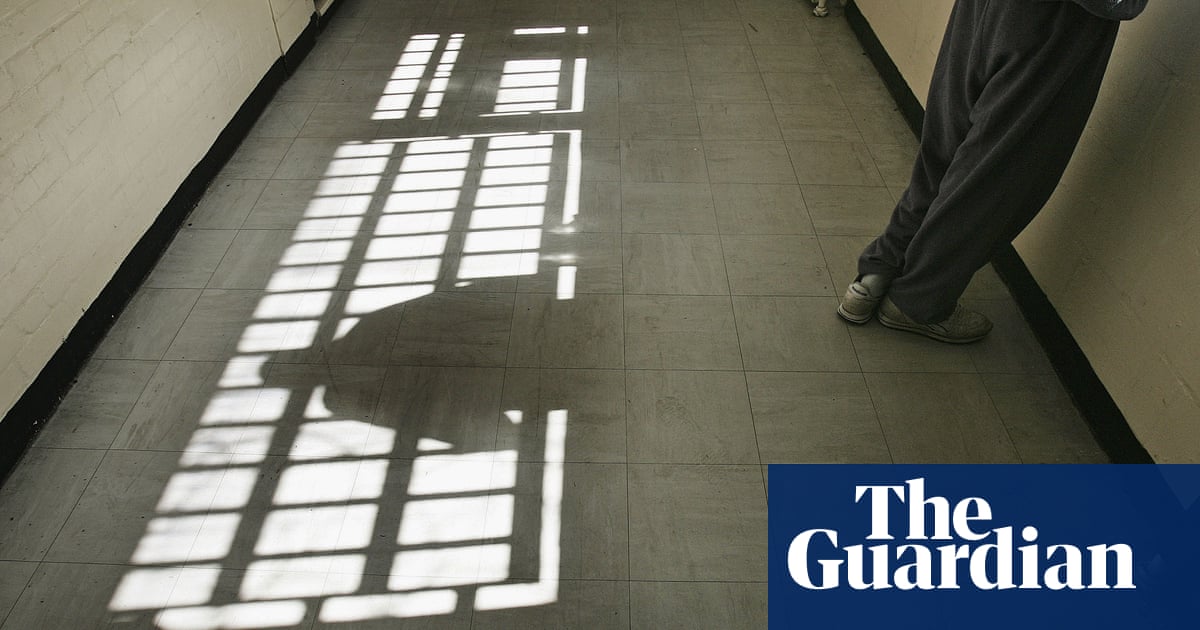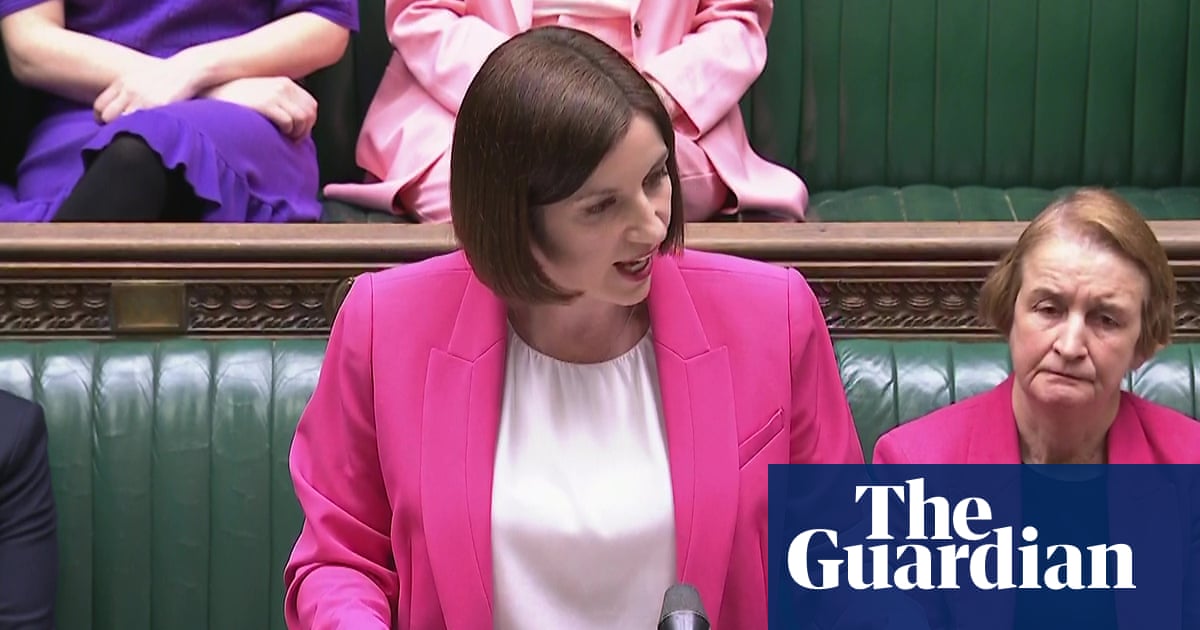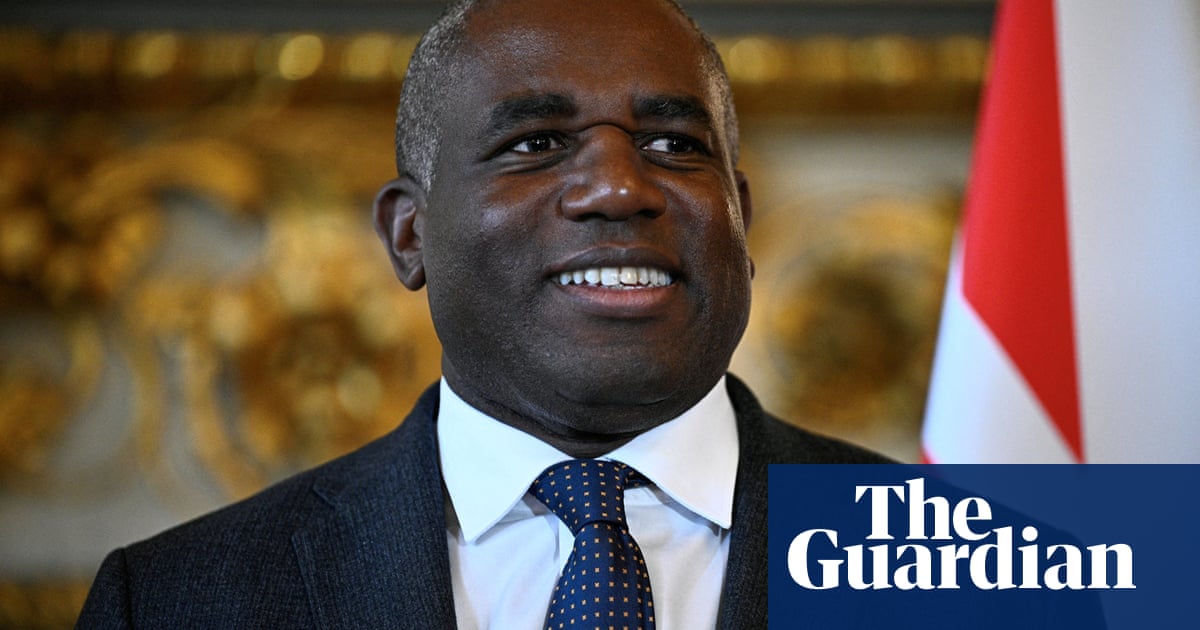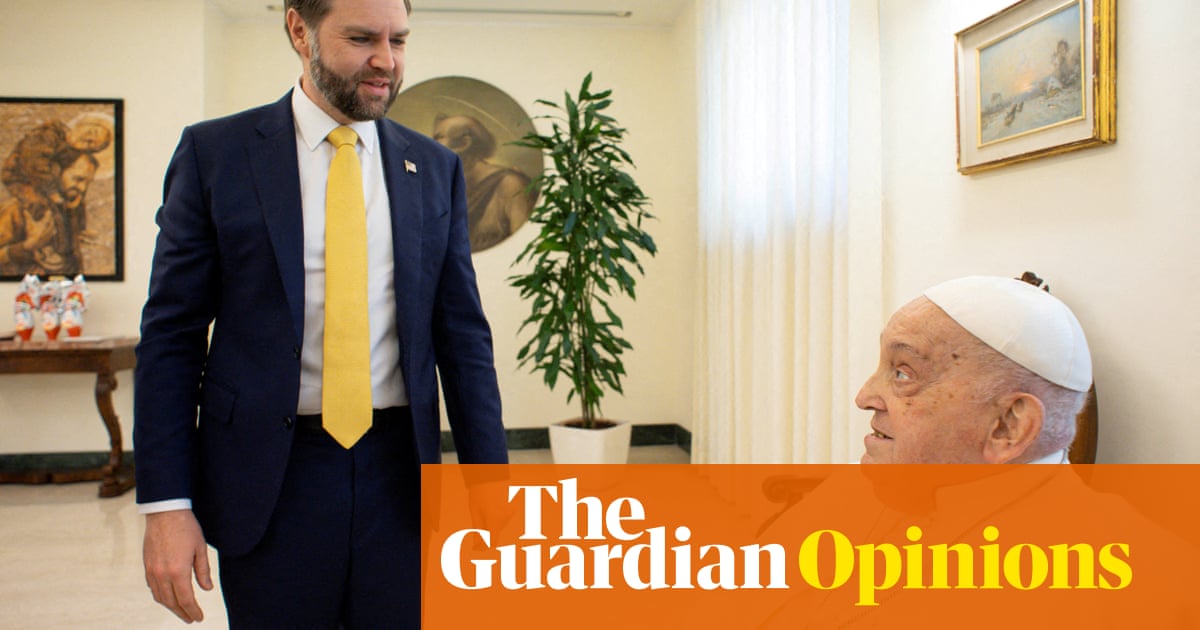Rachel Reeves was due in Washington on Tuesday evening for what could be a pivotal week for a proposed US-UK trade deal.
Officials say an agreement is ready to sign but may have to be ripped up at the last minute should the US president impose tariffs on pharmaceuticals.
The chancellor was flying into the US capital for meetings she hopes will help persuade Donald Trump’s administration to reduce tariffs on UK steel, cars and aluminium.
“The draft text is there and it is ready to sign,” said one UK government source. “We are happy with the draft we presented to the Americans weeks ago – though it does not currently cover pharmaceuticals.”
Another said: “We know we’re going to have to react quickly if Trump puts tariffs on pharmaceutical products, but we’re ready to do so. We couldn’t account for that in the draft text because we didn’t know what tariffs there were going to be on the industry.”
While in Washington, Reeves will meet her US counterpart Scott Bessent for the first time. He is seen as one of the most amenable members of the Trump administration to doing a trade deal with the UK.
Reeves’ task is largely a lobbying one. Officials say they are no longer looking to negotiate the terms of the deal with their US counterparts and instead are trying to put pressure on the president to sign it.
Under the draft agreement, the UK will reduce the headline rate of a digital services tax paid by US companies, in return for relief on 25% tariffs on steel, aluminium and cars.
“We’re happy with the text as it is,” said one British official. “But the reality is the decision sits with one man and no one can predict what he will decide.”
Ministers accept the agreement will have to be renegotiated if Trump follows through on his threat to impose levies on pharmaceutical imports, which are the UK’s second-biggest export to the US at about £7bn. Cars account for about £8bn.
Even if the British government persuades Trump to sign the trade agreement, it could make little difference to the economic outlook.
The International Monetary Fund cut the UK’s growth forecast for this year from 1.6% to just 1.1%.
While the downgrade had been expected, the IMF’s chief economist, Pierre-Olivier Gourinchas, said it had been caused more by domestic factors than Trump’s tariffs.
“The tariffs are playing a role as they are in most countries, and it’s weighing down on growth in the UK,” he told reporters in Washington on Tuesday. “But there are some UK specific factors, and I would say in terms of the [downgrade for 2025] domestic factors are probably the biggest ones.”
Gourinchas cited government borrowing costs, which began to rise after Reeves’ budget last year, and higher energy costs as principal reasons for the downgrade.
Part of her task over the next few days will be to persuade the IMF’s economists to factor in what the government is doing to boost growth, including liberalising the planning system.
MPs will debate those changes later this week when the planning bill comes back to the Commons for the committee stage. Ministers are expected to propose further amendments designed to encourage home-building and infrastructure projects.

 3 hours ago
8
3 hours ago
8


